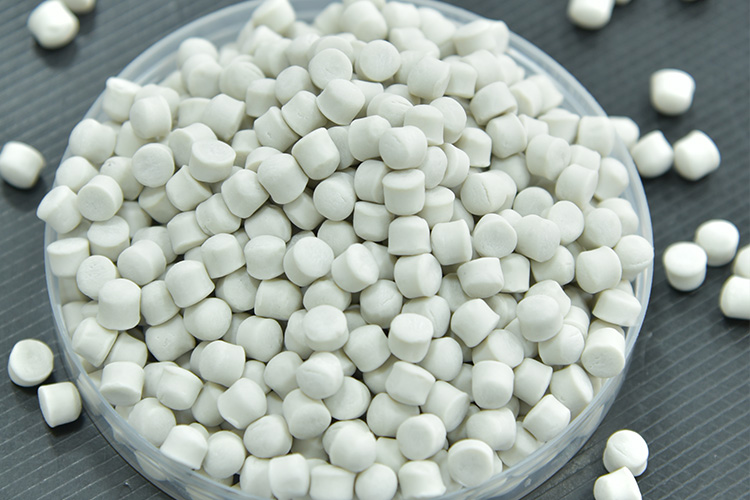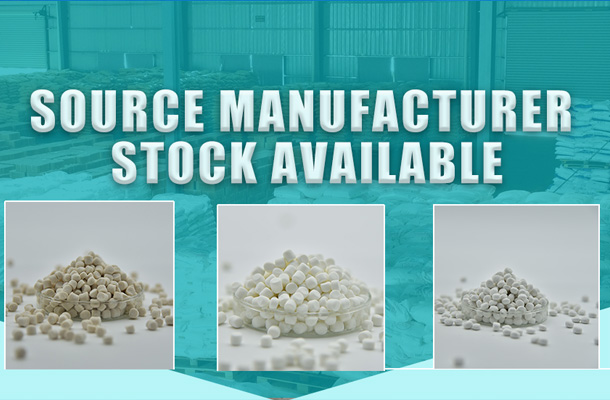Rubber Accelerator CZ, also known as Zinc dibutyldithiocarbamate or ZDBC, plays a crucial role in the process of rubber vulcanization. It functions as a chemical additive that significantly enhances the speed of the cross-linking reaction between rubber polymers, which is essential for transforming raw, uncured rubber into a strong, durable, and elastic material suitable for various industrial applications. Here's a detailed look at its functions and benefits within the rubber industry:
Vulcanization Acceleration: The primary function of Rubber Accelerator CZ is to accelerate the vulcanization process. Vulcanization is a chemical reaction where sulfur links the long chains of rubber molecules together, creating a three-dimensional network. By introducing CZ, this process occurs at a much faster rate and at lower temperatures than it would naturally, thereby increasing productivity and efficiency in rubber manufacturing.
Improved Processing Properties: It helps in achieving better dispersion of other additives and fillers in the rubber compound, leading to more uniform physical properties in the final product. This results in improved processability during mixing, calendering, and extrusion stages.
Scorch Protection: CZ acts as a secondary or delayed-action accelerator, meaning it delays the onset of vulcanization (scorch) during the processing stage without affecting the overall curing time. This property is particularly valuable as it allows for longer processing times before the mixture starts to cure, preventing premature hardening in the machinery.
Optimized Cross-Link Density: It promotes the formation of an optimal number of cross-links in the rubber matrix. An appropriate cross-link density is vital for achieving desired mechanical properties such as tensile strength, tear resistance, and elasticity.
Heat and Aging Resistance: Rubbers cured with CZ tend to exhibit enhanced resistance to heat, oxidation, and aging. This improves the longevity and performance of the end products, especially those exposed to harsh environments or used in applications requiring high durability.
Compatibility and Versatility: CZ is compatible with a wide range of rubber types, including natural rubber (NR), styrene-butadiene rubber (SBR), butyl rubber (IIR), and nitrile rubber (NBR), making it a versatile accelerator across different rubber formulations.
Regulatory Compliance: Being a zinc-based accelerator, it is often preferred over accelerators containing heavy metals like mercury or lead due to its relatively safer toxicological profile and compliance with stricter environmental and health regulations.
In summary, Rubber Accelerator CZ is a critical component in rubber manufacturing, enabling faster and more efficient vulcanization while enhancing the physical properties and durability of the end products. Its use optimizes production processes and contributes to the production of high-quality rubber goods.








